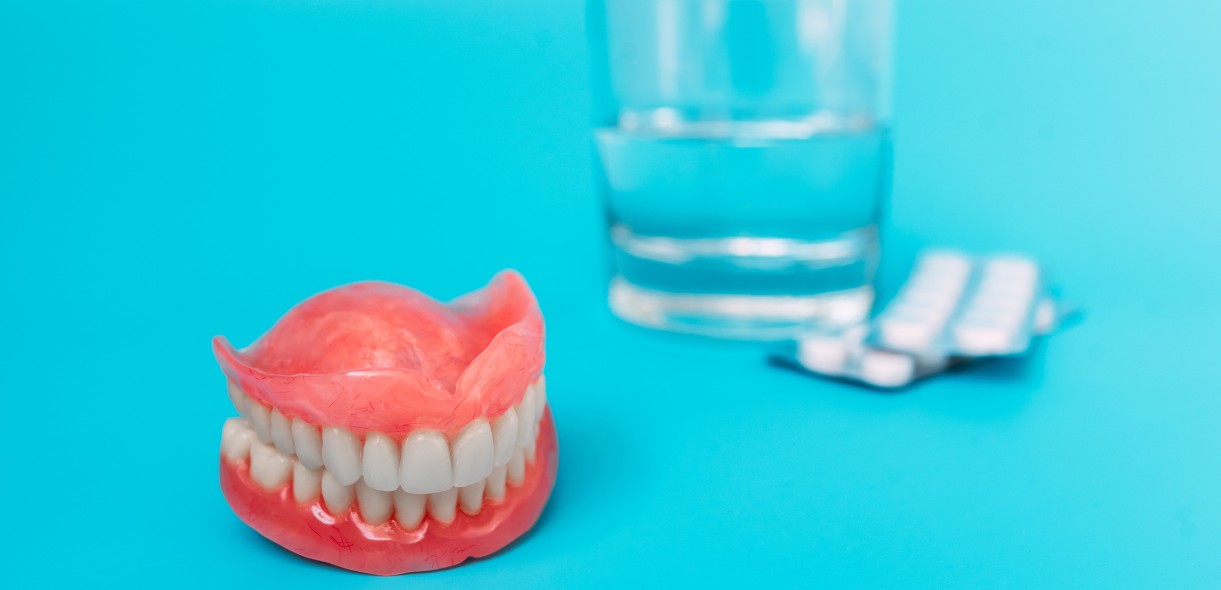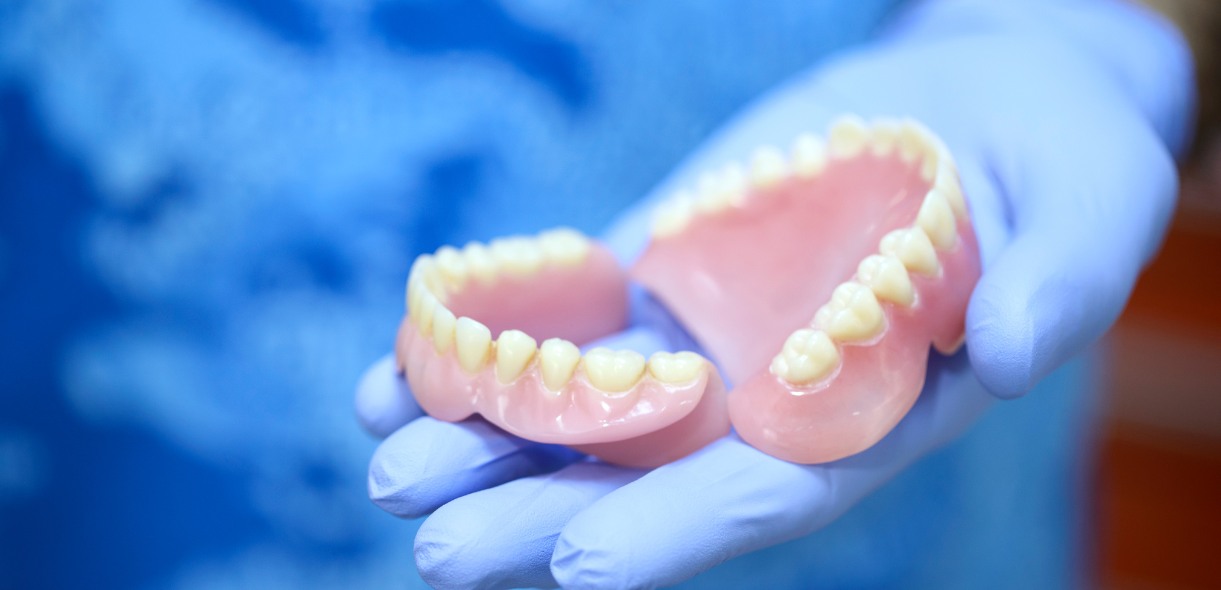
Dentures have long been a staple in dental care, providing individuals with missing teeth the opportunity to restore their smile and regain functionality. In this article, we’ll delve into the world of dentures, examining their history, purpose, pros, cons, health considerations, alternatives, and future trends.
Introduction
A. What are Dentures?
Dentures, also known as false teeth, are removable prosthetic devices designed to replace missing teeth and surrounding tissue. There are two main types dental dentures available; one is complete dentures, which replace all teeth in either the upper or lower jaw, and the other one is partial dentures, which replace only a few missing teeth and are attached to the existing teeth with clasps or precision attachments.
B. Brief History of Dentures
The concept of dentures dates back centuries, with evidence of their use dating as far back as ancient civilizations. However, modern dentures as we know them today began to take shape in the 18th century, with advancements in materials and techniques leading to more comfortable and natural-looking prosthetics.
C. Purpose of Dentures
The primary purpose of dentures is to restore the appearance of a natural smile, improve chewing and speech abilities, and support the facial muscles and structures affected by tooth loss. Additionally, dentures can enhance confidence and overall quality of life for individuals missing teeth.
Pros of Dentures
A. Restored Appearance and Confidence
One of the most significant benefits of dentures is their ability to restore a natural-looking smile, boosting self-esteem and confidence in individuals with missing teeth. Modern dentures are custom-made to fit each patient’s mouth, ensuring a comfortable and natural appearance.
B. Improved Speech and Functionality
Dentures can significantly improve speech clarity and chewing function for individuals with missing teeth, allowing them to enjoy a wide variety of foods and communicate more effectively. With proper adjustment and practice, most wearers adapt quickly to speaking with dentures.
C. Cost-effective Solution
Compared to other tooth replacement options such as dental implants, dentures are often more affordable, making them a cost-effective solution for individuals on a budget. Additionally, denture technology has advanced significantly in recent years, resulting in more durable and lifelike prosthetics.
Cons of Dentures
A. Potential Discomfort and Adjustment Period
While dentures offer numerous benefits, they may cause discomfort and require an adjustment period for wearers to adapt fully. Initially, some individuals may experience soreness, irritation, or difficulty speaking and eating until they become accustomed to wearing dentures.
B. Maintenance and Cleaning Challenges
Proper maintenance and cleaning are essential for prolonging the lifespan of dentures and preventing oral health issues. However, cleaning dentures can be challenging, requiring special brushes and cleaning solutions to remove food particles and plaque effectively.
C. Risk of Bone Loss and Shifting Teeth
Over time, wearing dentures can contribute to bone loss in the jawbone and the shifting of remaining teeth, leading to changes in facial structure and bite alignment. Regular dental check-ups are essential for monitoring oral health and addressing any issues that may arise.
Health Considerations with Dentures
A. Impact on Nutrition and Digestion
Missing teeth can make it difficult to chew certain foods properly, leading to poor nutrition and digestive issues. Dentures restore chewing function, allowing individuals to enjoy a varied diet and maintain better overall health.
B. Potential Oral Health Issues
Improperly fitting or poorly maintained dentures can increase the risk of oral health issues such as gum disease, oral thrush, and mouth sores. It’s crucial for denture wearers to practice good oral hygiene and visit their dentist regularly for check-ups and adjustments.
C. Importance of Proper Denture Care
Proper denture care is essential for maintaining oral health and prolonging the lifespan of prosthetic teeth. This includes daily cleaning with a denture brush and soaking in a denture cleaner or mild soap solution overnight to remove stains and bacteria.
Alternatives to Dentures
A. Dental Implants
Dental implants are a popular alternative to dentures, providing a permanent solution for replacing missing teeth. Implants are surgically placed into the jawbone and topped with a dental crown, offering stability, durability, and a natural-looking appearance.
B. Dental Bridges
Dental bridges are another option for replacing missing teeth, consisting of artificial teeth anchored to adjacent natural teeth or dental implants. Bridges offer a fixed and stable solution for restoring chewing function and preventing shifting of remaining teeth.
C. Partial Dentures
For individuals missing only a few teeth, partial dentures may be a suitable option. Partial dentures are custom-made to fit the patient’s mouth and are secured in place with clasps or precision attachments, blending seamlessly with the natural teeth.
Conclusion
In conclusion, dental dentures offer a valuable solution for individuals with missing teeth, providing restored appearance, improved functionality, and enhanced confidence. However, they come with potential drawbacks such as discomfort, maintenance challenges, and oral health considerations. By weighing the pros and cons and exploring alternative options, individuals can make informed decisions about their dental care. As technology continues to advance, the future of denture technology looks promising, with innovations aimed at improving comfort, durability, and aesthetics for wearers.

